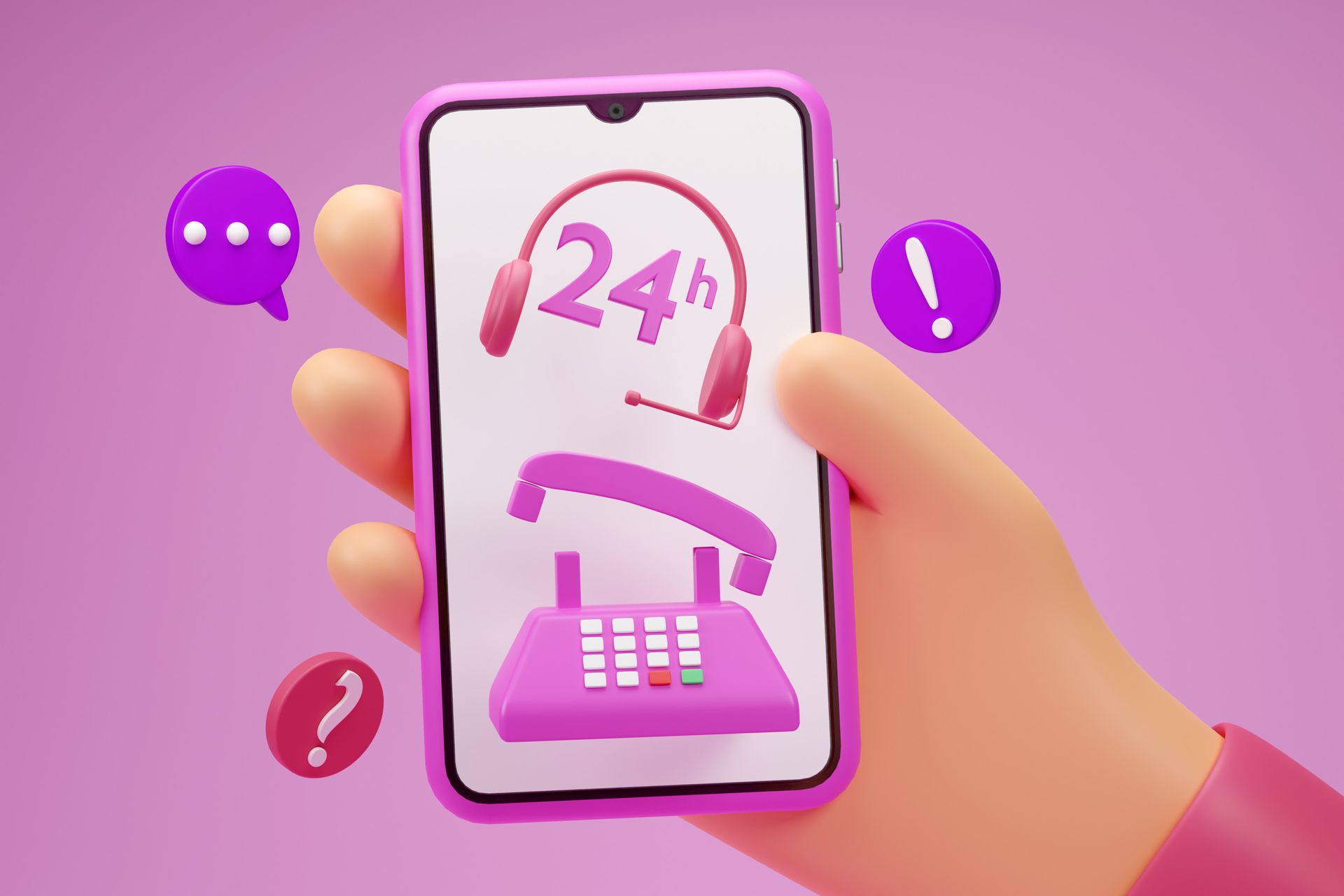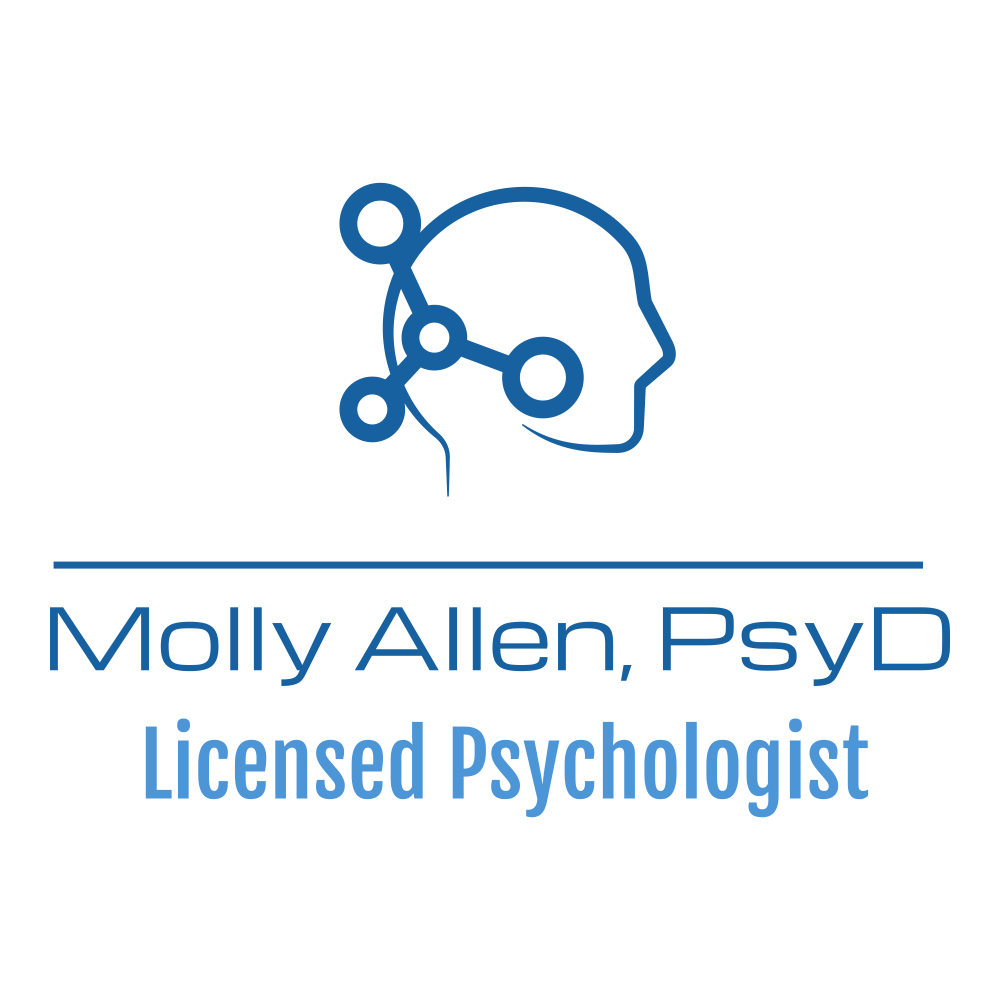Mind Full or Mindful?
There is an old saying, which states, “always look on the bright side of life”, and while that is not possible 100 percent of the time it implies that we should strive to see the positive in situations which confront us throughout our lives. This saying means we should be thankful for what we have (e.g. reasonably good health, a home, family), not dwell on what we do not have (e.g. designer clothes, unlimited wealth, a new car) and to count our blessings (we are able to work, go on a vacation, garden). It also means we should be good to ourselves and regularly practice mindfulness.
Psychologists know that practicing mindfulness can ease the symptoms of a variety of mental health illnesses from depression to anxiety, from PTSD to ADHD, and many others. Practicing mindfulness brings a more peaceful mind, improved creativity, a happier workplace, better relationships, and can help us work through limiting, self-sabotaging beliefs.
Mindfulness helps you to connect with a deeper sense of who you really are and experience abiding and long-lasting inner peace. So what is it? Mindfulness is a state of relaxed attention of the present moment and focusing on what is happening right now. With deep mindfulness everything slows down, which allows a heightened awareness of the present moment.
Normally in everyday consciousness, we are bombarded by thousands of internal thoughts rushing through our heads as well as by external messages competing for our immediate attention. This cacophony has a physiological effect on our bodies. For instance, if we are thinking about the future, we might experience anxiety because we want to control what happens. If we are stuck in the past, we relive old memories and feelings, which can make us sad or depressed. The result is that our bodies are in an almost constant state of tension and panic. Practicing mindfulness helps us to focus on the realities of the present moment in order to eliminate the fear, anxiety, and tension associated with an unknown future.
Learning to practice mindfulness is simple and the long-term effects can be amazing. Just follow these steps to get started:
- Set aside 10 minutes a day just for yourself and find a quiet place to sit comfortably. Clear the space of obvious distractions; put your phone away, turn off the TV or radio and be completely still.
- Acknowledge any thoughts or judgments you have about starting your mindfulness and those about yourself. This is normal. Just recognize any thoughts or emotions that come into your awareness and refocus on getting settled and comfortable.
- Close your eyes or keep your gaze focused in one spot in front of you. Take a few deep breaths through your nose and exhale through your mouth. Pay attention to your breath. Continue to breathe normally, following your inhalations as your breath flows down into your lungs. Notice your lungs expand as your breath fills them and then notice them begin to contract during your exhalations. There is no need to change your breathing. Simply notice it as it flows in and out of your body.
- Follow your exhalations, with your awareness, as they flow out of your body. Notice your breath flowing from the lungs, up through airways and out your nose again.
- Continuing following your breath in this manner for 10 minutes. The first few times you practice, you may find that much of your time is spent lost in thought, rather than focused on your breath.
- Mindfulness is about noticing distractions, embracing them, and letting them go. As you breathe, breathe in the good thoughts and exhale the bad ones. You may lose your focus and bring your attention back many, many times over the course of several minutes. Don’t worry; this is part of the practice. Just continue and it will get easier. The more you practice this, the more aware you will become.
Dr. Molly Allen advises that “beginning to practice mindfulness does not necessarily mean that one has to carve out even ten minutes (although that would be ideal). Even that little of a (potentially failed) time commitment can bring on feelings of guilt.” So, she adds, “Instead, wherever you are, focus on your breathing for a few moments, and fix your attention on what your senses tell you about where you are in that moment. As you practice this and find it brings a sense of peace, expand the practice to meditation to reap the benefits.”
Sources: Dr. Molly Allen, Psych Central






